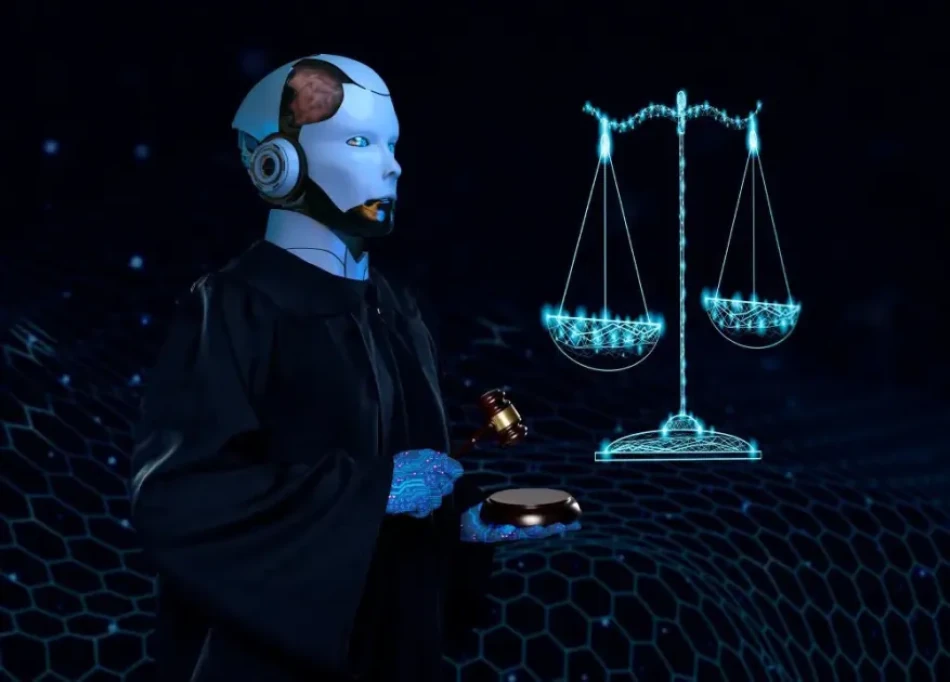
AI Weakens Legal Positions, Fails to Replace Lawyers' Expertise
More Australians are representing themselves in court as legal costs soar, but their growing reliance on AI tools like ChatGPT is backfiring in dangerous ways. A new study found 84 documented cases of AI use in Australian courts since late 2022, with three-quarters involving self-represented litigants who often submitted fake legal references and misleading information that damaged their cases.
The trend makes sense on paper. Legal fees keep climbing, and free AI tools seem like an obvious solution for people facing immigration disputes, bankruptcy cases, family law matters, and civil litigation. But judges are seeing the real-world consequences play out in their courtrooms.
Judge Mai Anh Tran from Victoria's County Court warns that AI can hurt your case more than help it. The technology might sound convincing, but it regularly invents legal cases that don't exist and provides wrong interpretations of the law. When self-represented litigants submit these AI-generated documents, they risk losing their cases entirely or getting stuck paying the other side's legal costs.
Chief Justice Andrew Bell of New South Wales pointed to one case where a litigant used AI-prepared legal briefs that were both misleading and irrelevant to her situation. Here's the key difference: when lawyers mess up, they face professional consequences and insurance coverage. When you represent yourself and rely on faulty AI advice, you bear all the responsibility.
The financial stakes are real. Courts can order self-represented litigants to pay costs if their AI use wastes court time or introduces misleading information. Several Australian courts, including Queensland's Supreme Court, have issued specific warnings about unchecked AI reliance.
There are better options available. Court libraries and public law schools provide access to reliable legal resources and guidebooks written for non-lawyers. Established legal databases offer accurate information that won't leave you citing cases that never happened.
The broader context here is Australia's access to justice problem. Legal aid funding has been squeezed for years while case complexity has increased. Many hoped AI might bridge this gap, but current technology simply isn't reliable enough for legal work that demands precision and proper context.
Law requires understanding nuanced precedents, applying principles correctly to specific facts, and navigating procedural requirements that vary by jurisdiction. AI tools can miss these critical elements, no matter how sophisticated they sound.
Until AI develops into a truly reliable legal tool, affordable legal services remain the real solution for fair and comprehensive justice. The technology might get there eventually, but people facing court right now can't afford to be guinea pigs in that experiment.
Most Viewed News

 Omar Rahman
Omar Rahman






